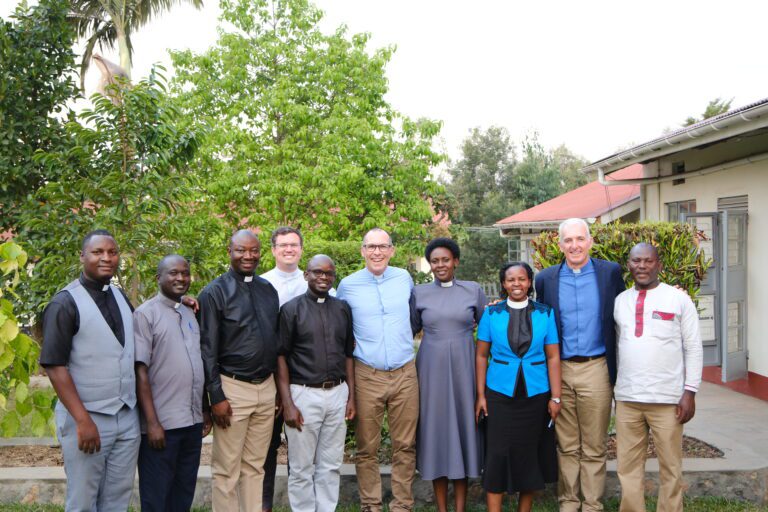
Russ, team and future leaders in North Kigezi
In July 2024 MTS Director of Training Russ Smidt travelled to Uganda to take part in their local clergy conference, in a training capacity. Russ (accompanied by his son Ollie) visited North Kigezi in Uganda.
The trip came about through a long-term partnership, one between the Church of Uganda Diocese and the Anglican Diocese of Armidale in Australia!
The partnership exists with the purpose “to equip, encourage and support Gospel Workers in the North Kigezi Diocese (NKD) in their efforts to make ‘Disciple-Making Disciples of Christ’.” The partnership offers Christians in the Anglican Diocese of Armidale an avenue of enacting Christ’s mission, support and care into a global context, in an organised way.
The partnership has supported clergy families through prayer and financial aid, run the NextGen training conference, assisted with the training of Sunday School teachers, and is now, in addition, focusing on supporting the theological training at the Canon Ndimbirwe Bible College as they support growth in the college and faithful theological education.
Some MTS Trainers had been involved with this partnership and suggested MTS get involved, so around a year ago Russ got a call from the Diocese of Armidale and jumped on board.
He shares, “I stuck my hand up to go, knowing very little about Uganda but largely going to learn. And I learnt heaps about mentoring and training cross-culturally!”
The clergy conference
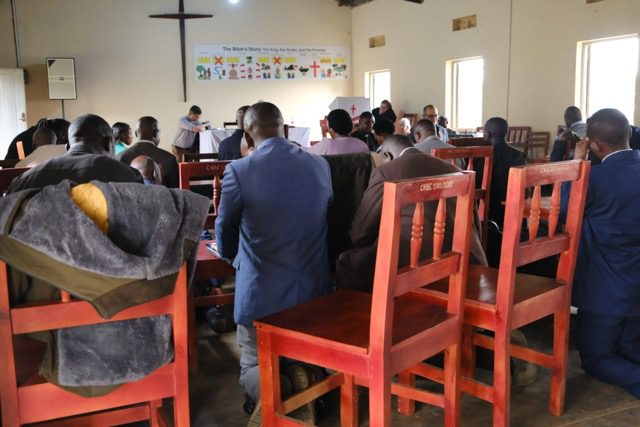
The conference was a week-long event held in Rukungiri, which is where the diocese Cathedral is. It had around 120 clergy attend with their spouses. Of these, 10 were identified as potential trainers of apprentices.
Russ and fellow MTS Trainer Tom Melbourne (currently Senior Pastor at St Mark’s UNEChurch Armidale) were responsible for doing training seminars for all the clergy. Russ also met with the smaller group of 10 and ran contextualised ‘Passing the Baton’ training, which is a foundational part of mobilising ministry workers to raise up and train ministry apprentices. This was also run by Russ and Tom with the faculty and students at the local Canon Ndimbirwe Bible College.
Russ shares, “We weren’t there to just roll out a training program on how to train trainers. The key piece was helping locals build out their commitment to praying for harvest workers out of Matthew Chapters 9, 37 and 38. Then setting a vision of training out of Ephesians 4.”
Both training groups were taught about the three C’s of ministry training, character, conviction and competency. Russ joked there were really five ‘adding character and character’.
He reflects, “It’s a bit of a joke but it does make an important emphasis. It was a great surprise to teach the C’s because in the local language, they don’t have a distinct word for character, it’s more equivalent to personality, a performance. Which is completely different to what we would mean in MTS land of godly character that comes up out of faith and a sanctifying work of the spirit.”
Context and character challenges
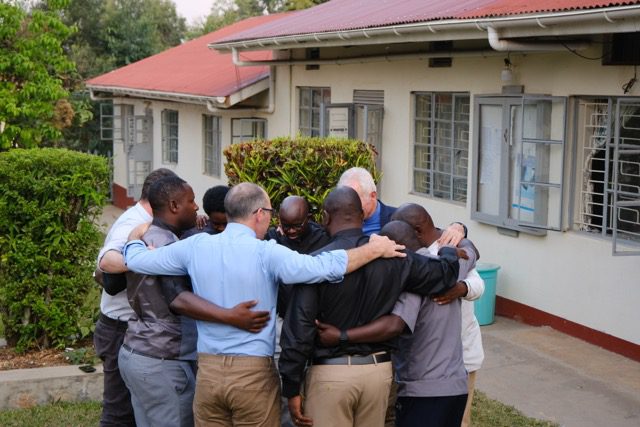
Character became a theme in the learnings Russ took away about cross-cultural training and ministry.
Explaining more about the Ugandan current experience of ‘character’ he says, “For them, it’s a persona, almost a mask that you put on to perform the job that you’ve got to do. There were big moments of wrestling with translators, and the room wrestling with coming up with a word for what they want to mean by godly gospel character. It was particularly eye-opening for me and the team and even the missionaries on the ground.”
This lack of a word for character is reflected in Ugandan culture too! Russ discovered that what Australians consider morality of character isn’t part of their normal culture, it is more about politeness and performance, which has negatively impacted the church in many ways too. Another cultural difference and challenge for implementing the training models developed in an Australian context is the little use of ‘self-reflection’ as a personal concept in Uganda.
As a trainer, Russ found this particularly challenging to consider! He shares, “Mentoring is based around objectives. Objectives come out of knowing who you are, learning who you are, seeing what God is doing here and how am I growing. To be able to do all that kind of thing, you need to be self-reflective. And Ugandans do not do self-reflection in this kind of way. It’s not a thing because they do not have ‘the self’ in the way Australians do.”
It highlighted for him that taking the model of MTS to the nations isn’t just about changing the context of language or concepts, but in some places, even the approach of training will be different!
Planting seeds for MTS in Uganda
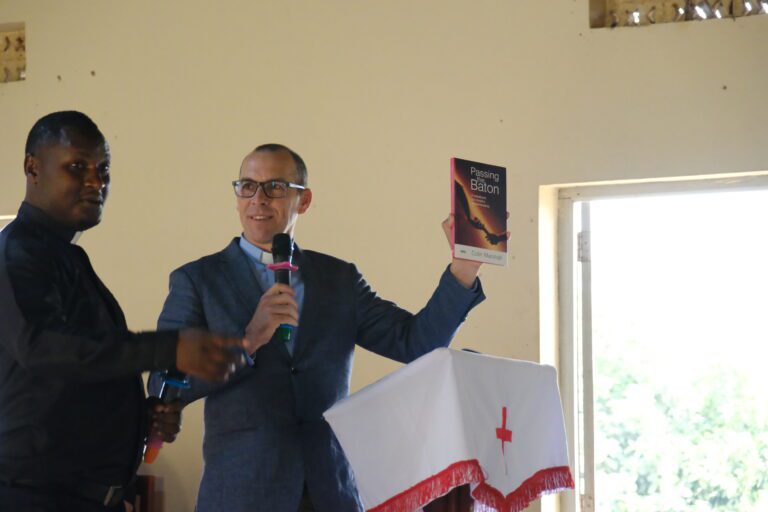
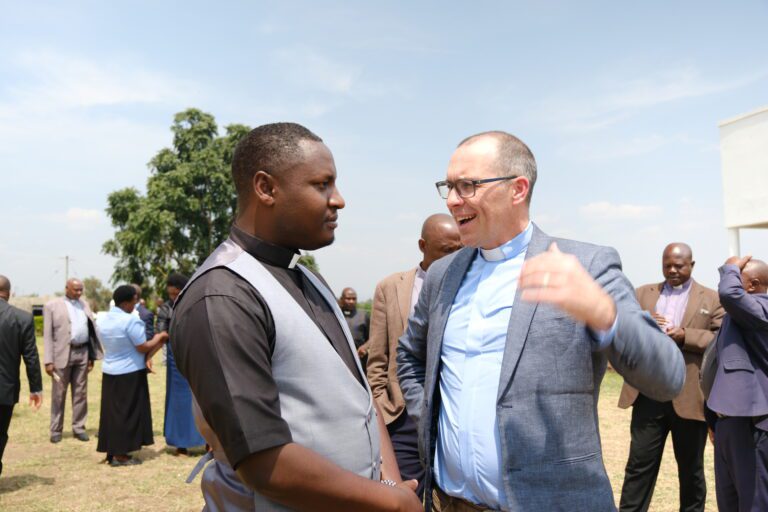
Russ met many faithful followers of Jesus in Uganda and is pleased to have further grown partnerships with Australia with some of them! Recently a small group from Uganda attended MTS Recruit Katoomba Conference in Australia to strengthen their Armidale partnership and to learn more about MTS and how it works.
Russ is also confirmed to mentor some of the key people in Uganda, including a faithful worker called Andrew Kanunura, who is likely to become the leader of an apprentice movement in North Kigezi.
Reflecting on the importance of local movements, Russ says, “For MTS to run anywhere, 2 Timothy 2:2 has got to be at the centre of it. Not just as a Bible verse but as a visionary commitment to passing on the baton of the gospel from one person to the next. And while that might look very similar in lots of different places, it’s not just about doing a program but envisioning that in a local culture in a way that is sustainable. When it’s worked out locally it is healthier and longer lasting.”
